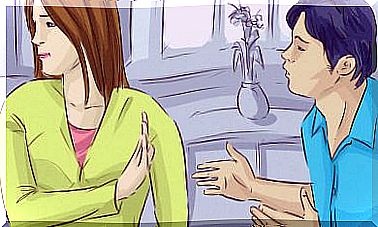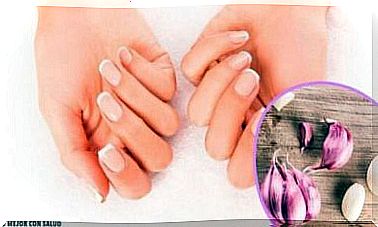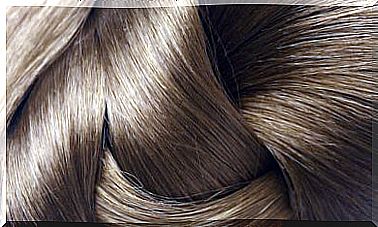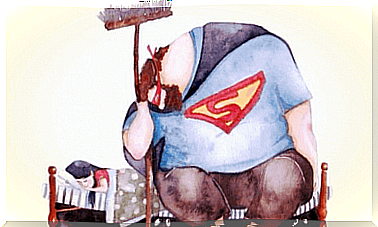Symptoms And Tips For Stress Headaches
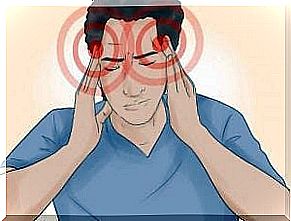
Stress is a type of stiffness or tension caused by various disturbing or overwhelming situations. Such situations can trigger mental disorders or psychosomatic reactions, including stress headaches. Read on to learn about the symptoms and tips for stress headaches!
The symptoms that can cause stress are different and can start with low or high intensity. We may even feel slight pressure in our heads or even extreme migraine pain.
The symptoms also vary from person to person. What may seem like a headache may be related to migraines, insomnia, fatigue or other things. When you experience headaches more than twice a week for several months, you may be suffering from chronic headaches.
The causes of headaches can range from physical causes, such as allergies that cause sinusitis, to mental, such as being worried. Stress is one of the most common mental causes of headaches.
What causes stress headaches?

- Constant stress
- Keeping your head in the same position for too long
- Working too much in front of the computer
- Sleeping with your head in an unnatural position
- Strained eye muscles
- Smoking, drinking alcohol, or consuming a lot of caffeine
- Sinusitis or nasal congestion
- Colds or flu
- Contraction of the neck muscles and of the scalp
A stress headache is not associated with structural damage to the brain or with serious illness. Daily worries are one of the causes of stress. But there is a big difference between thinking about something and being worried about something. When you think, look for solutions to your problem. But when you are worried about something, you paralyze yourself in the same pattern of reasoning. This wears you out and causes headaches.
From a psychologist’s point of view, it is very interesting to analyze this pain. Stress mobilizes brain chemistry and changes the balance of our muscles, our spine and nerves in our skull. So, it increases the tension and this tends to cause headaches. When stress is light or temporary, it does not hurt us. But when it lasts for a long time, the body remains in a state of alertness that causes its defenses to weaken. In turn, you become exhausted and experience stress headaches.
Symptoms of stress headache

- Continuous, irritating headache with low intensity. May be isolated or occur routinely.
- More intense pain around the temples, scalp and back of the neck
- Exhaustion
- Difficulty sleeping
- Muscle pain (shoulders and upper back)
- Sensitivity to changes in climate, sounds and lighting
When the pain is mild, you can treat it with homemade remedies. However, if the pain is severe and persistent, you should seek the advice of your doctor.
Measures to reduce the frequency of stress headaches

If you also have other symptoms due to stress headaches such as muscle tension or grinding of your teeth, you may end up suffering from an intense pain that will affect your quality of life.
Because of this, it is necessary to take control of the situations in your daily life that negatively affect your mood. For example:
- Enjoy fun activities such as listening to music, reading, exercising, dancing or playing with your pets.
- Take time to relax with techniques such as breathing, deep thinking, yoga and meditation.
- Make your life easier: choose the activities you need to do and budget your time effectively.
- Look for help. Talking to family and friends helps you resolve and control your stress.
- Let go of the negative thoughts. By doing this, you release endorphins that contribute to a positive attitude.
- Exercise regularly to prevent and combat stress.
- Get a massage from a professional that you are comfortable with.
- If the headache is caused by a cold, stay warm.
- Change your sleeping position. In addition, you should adopt a better attitude when reading, working or exercising. Sleep and rest properly.
- Exercise your neck and shoulders often.




